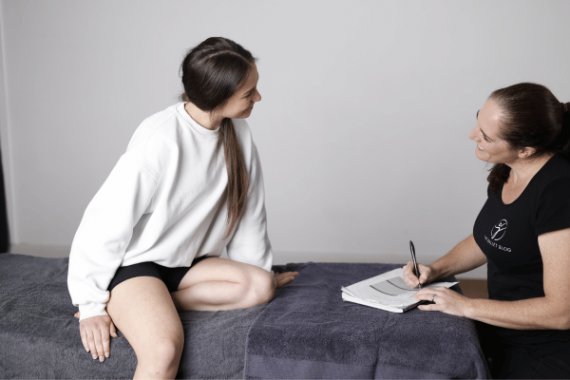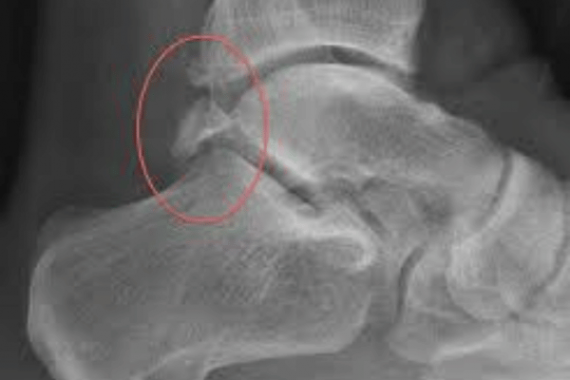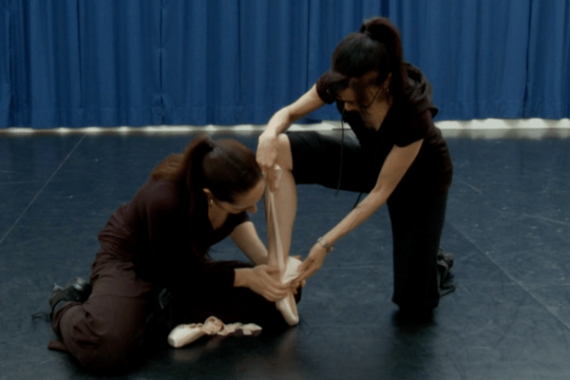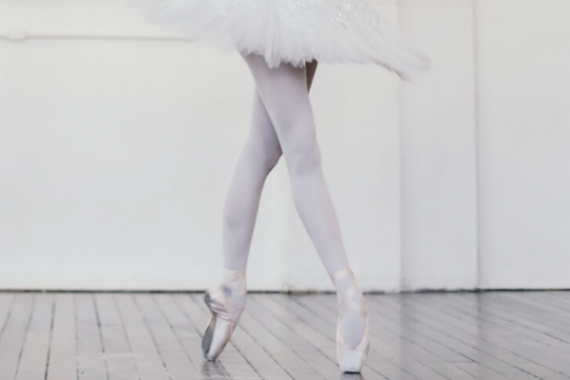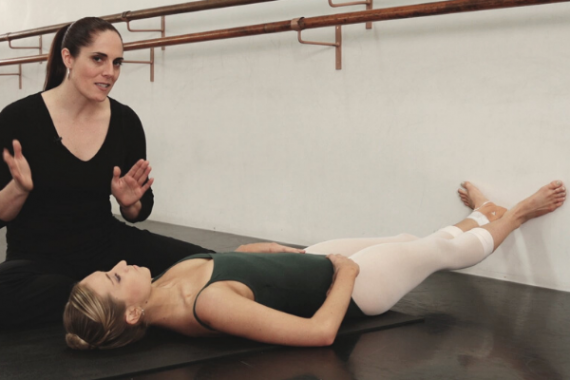Pre-Pointe Assessments
Starting en pointe is such an exciting milestone for your child, but it is important to remember that they only have one body for the rest of their life! Pointe is a beautiful art form when done well however it is not a normal human function. It is for this reason that correct preparation and a Pre Pointe Assessment is essential before starting en pointe. Along with their normal ballet classes it is important they are assessed by a qualified health professional who has experience with ballet dancers.
They are worth the very best.
To help guide you through the many questions that people have about their dancer starting en pointe, we have created a downloadable PDF that you can access HERE as well as a series of videos discussing some common questions.
What Is Involved?
All of the therapists at Perfect Form Physiotherapy have significant experience in the dance industry at many levels; so our ability to talk the talk, and understand the multitude of pressures, both physically and psychologically that can make a huge difference in developing the optimal programming and treatment for your dancer. Our therapists have been specifically trained to conduct detailed pre-pointe assessments, creating training programs to correct their individual biomechanics and technical elements prior to going onto pointe.
In the Initial Pre Pointe Assessment, the therapist will assess the dancer in detail to determine their readiness for pointe. This includes assessing pointe range, foot control, turnout range and pelvic stability, core control and the application of all of these in basic ballet steps. After the assessment, the teacher will receive a report, outlining what was seen and prescribed. The dancer will be given a set of exercises to work on until their next appointment.
All our Pre Pointe and Dance Assessment consultations are an hour long, allowing the therapist to spend quality time with them and enable a thorough assessment, treatment (if necessary) and tailored exercise program development. While our assessments are detailed and specific, our aim is to never make a dancer feel small or incompetent but to empower them with the knowledge and tools that they need to succeed.
Why does she even need a Pre-Pointe assessment?
Will pointe damage your feet long term?
The best time to have a pre-pointe assessment
How many appointments will they need?
What happens after the Pre Pointe Assessment?
After working on their prescribed exercises at home for 3-6 weeks the dancer is usually reassessed to determine their progress. Anywhere from 1-5 appointments may be required before a dancer is achieves all of the components required to safely progress onto pointe. This is obviously dependent on their current level of training, and also their diligence with their home program.
We know this is a learning curve for many young ones, so we have also developed a wealth of resources to help your dancer stay focused, and achieve their dream in the fastest time frame.
We love working with passionate, dedicated dancers who want the best out of their training and value their health as an absolute priority. Whether your dancer plans to be en pointe for just a few years for fun or aims to be a professional dancer, they will need their body for the rest of their life. An investment in establishing correct biomechanics and technique prior to going onto pointe can make a dramatic difference to the long-term health of your feet and hips. It truly is an investment in their future.



